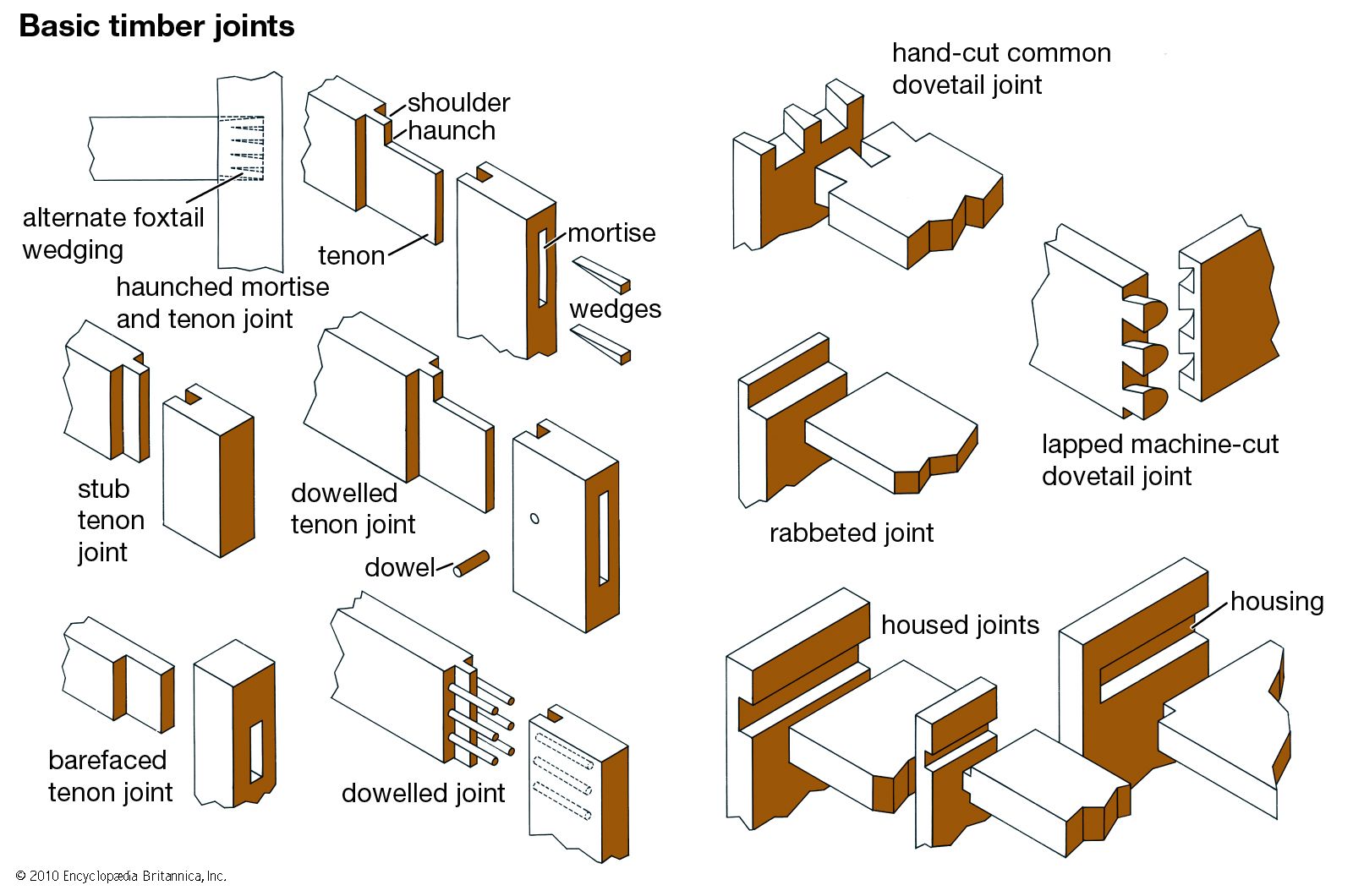
Mortise and Tenon: The Gold Standard
Master the classic joint for frames and furniture. Learn traditional hand-cut methods and modern jig techniques. Covers layout, cutting, fitting, and drawboring for rock-solid connections that can last centuries.
Master the fundamental joints that make woodworking possible. From basic butt joints to advanced dovetails, learn the techniques that transform separate pieces into lasting furniture and structures.
Joinery is the craft of connecting wood pieces reliably and predictably. The joints you choose determine your project's strength, resistance to racking, precision of assembly, and visual appeal. This comprehensive guide covers eight essential joints every Canadian woodworker should master, progressing from basic to advanced techniques with step-by-step instructions, tool requirements, and troubleshooting tips specific to workshop conditions.
Whether you're building furniture, frames, or cases, understanding when and how to use each joint type is crucial for success. Learn to choose the right joint for the job, set up properly for accurate cuts, and develop the skills to produce tight, professional joints that will last generations.

Master the classic joint for frames and furniture. Learn traditional hand-cut methods and modern jig techniques. Covers layout, cutting, fitting, and drawboring for rock-solid connections that can last centuries.
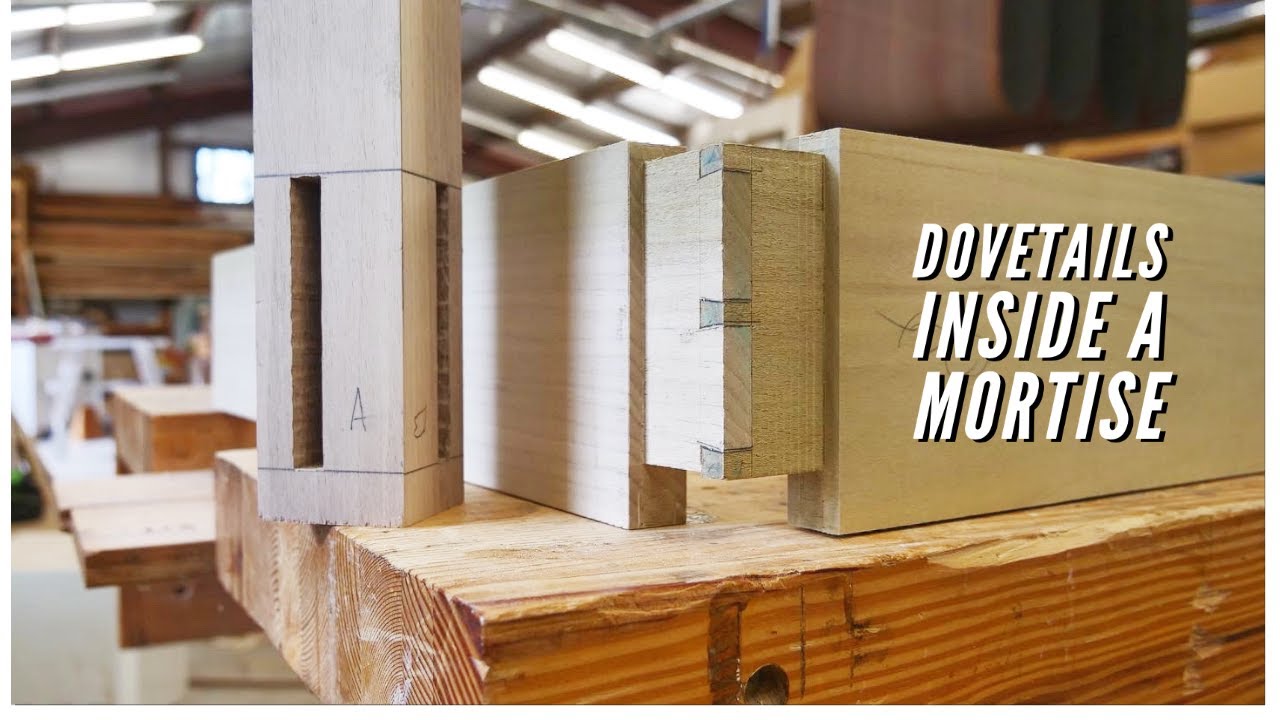
Master the iconic dovetail for drawers and boxes. Learn hand-cut through dovetails, half-blind for drawer fronts, and modern jig methods. Includes layout, sawing, chiseling, and fitting techniques.
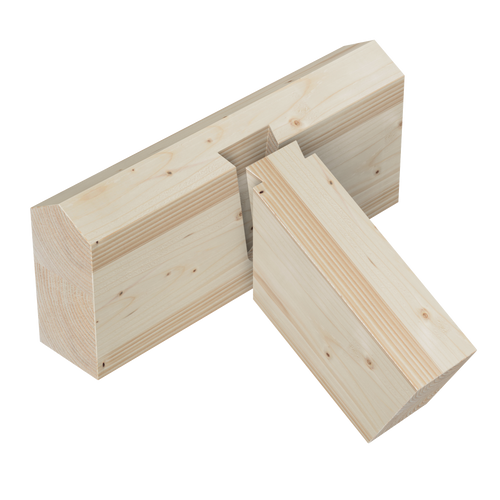
Learn the essential joint for shelves and cases. Covers through dados, stopped dados, and rabbet combinations. Includes table saw and router methods with tear-out prevention and perfect depth control.
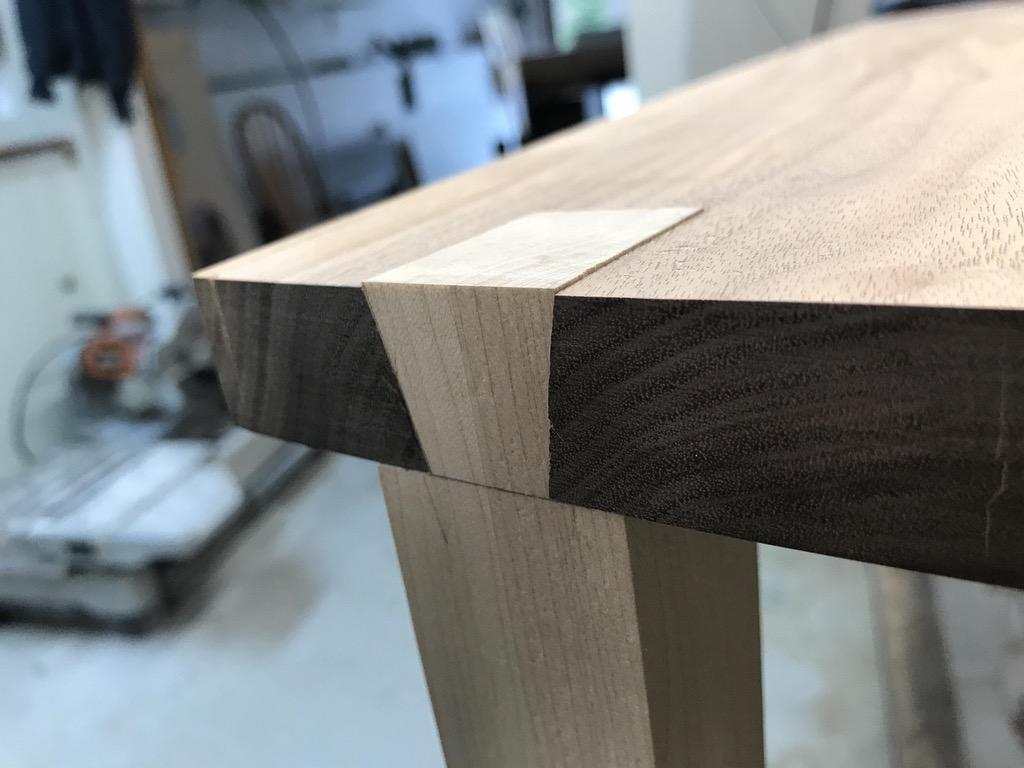
Master the efficient box joint for boxes and drawers. Learn table saw jig methods and router techniques for creating interlocking fingers. Includes setup, troubleshooting, and perfect fit adjustments.
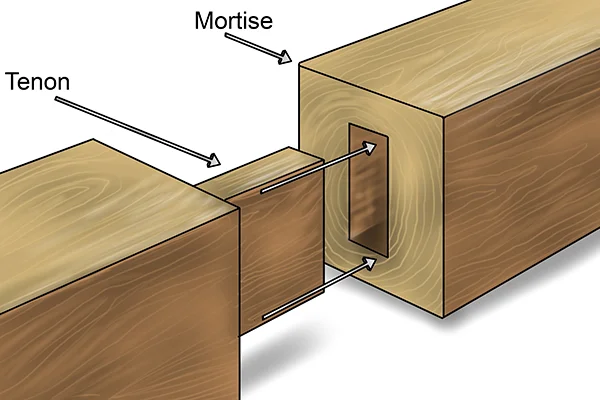
Learn half-lap variations for frames and bases. Covers corner laps, T-laps, and cross laps. Includes layout, cutting methods, and when to use each variation for maximum strength and efficiency.
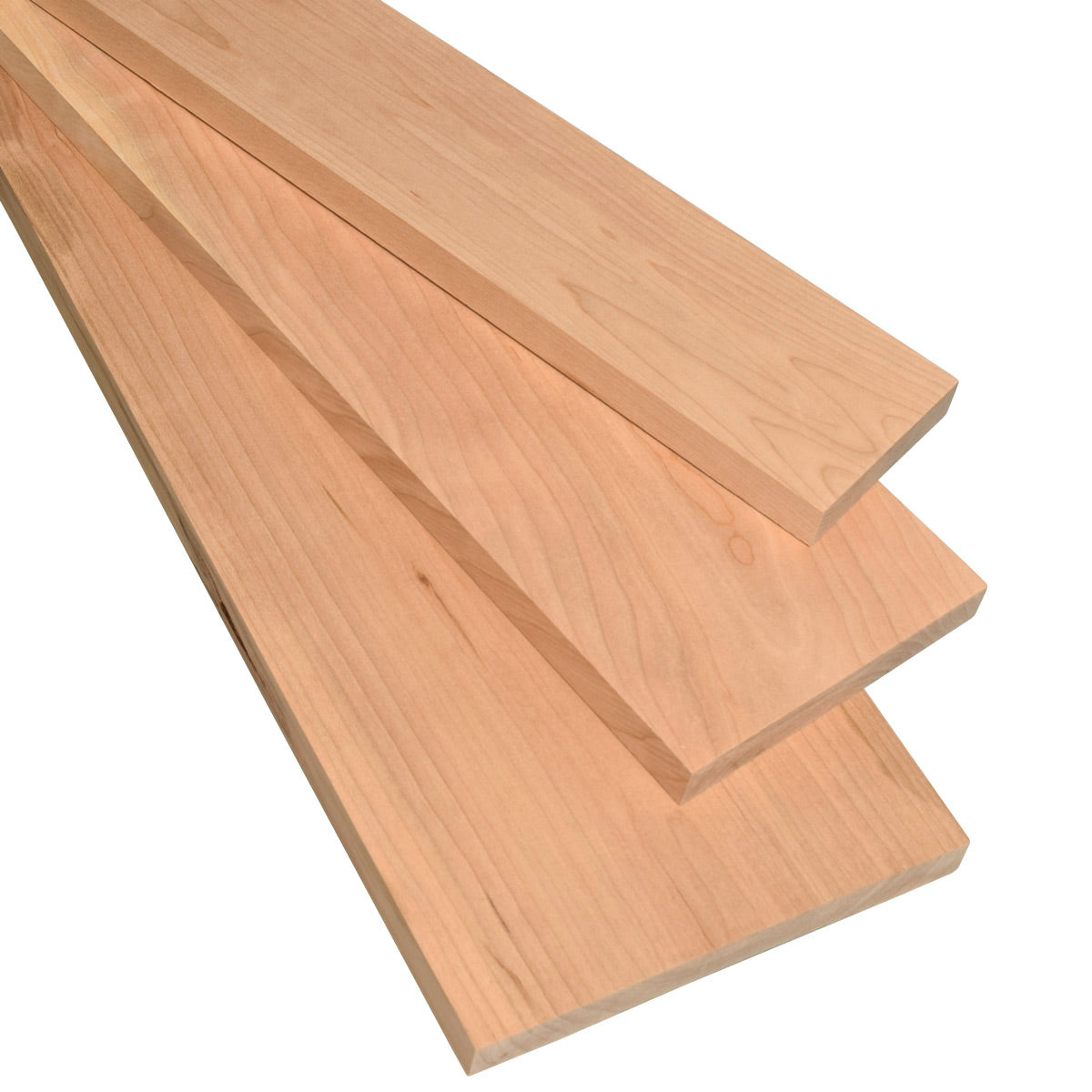
Master edge joints for tabletops and panels. Learn router table setup, bit selection, and techniques for creating matching tongues and grooves. Includes seasonal movement considerations for Canadian climate.
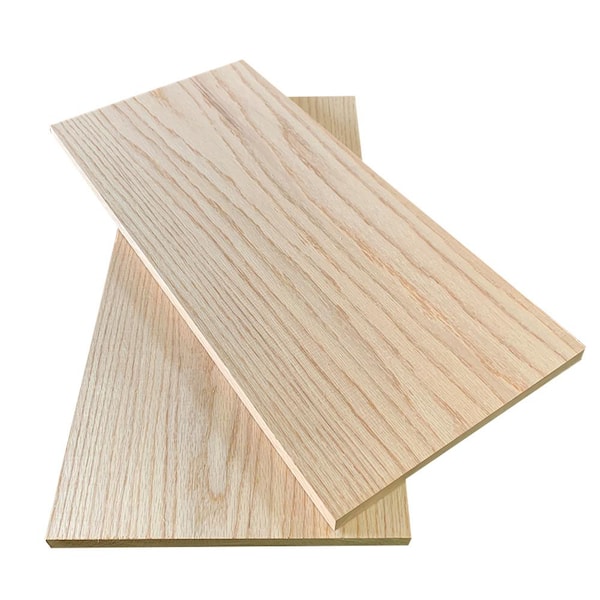
Learn to make the simplest joint work with proper reinforcement. Covers glue and screw methods, pocket holes, dowels, and biscuits. Includes when to use butt joints and how to make them reliable.
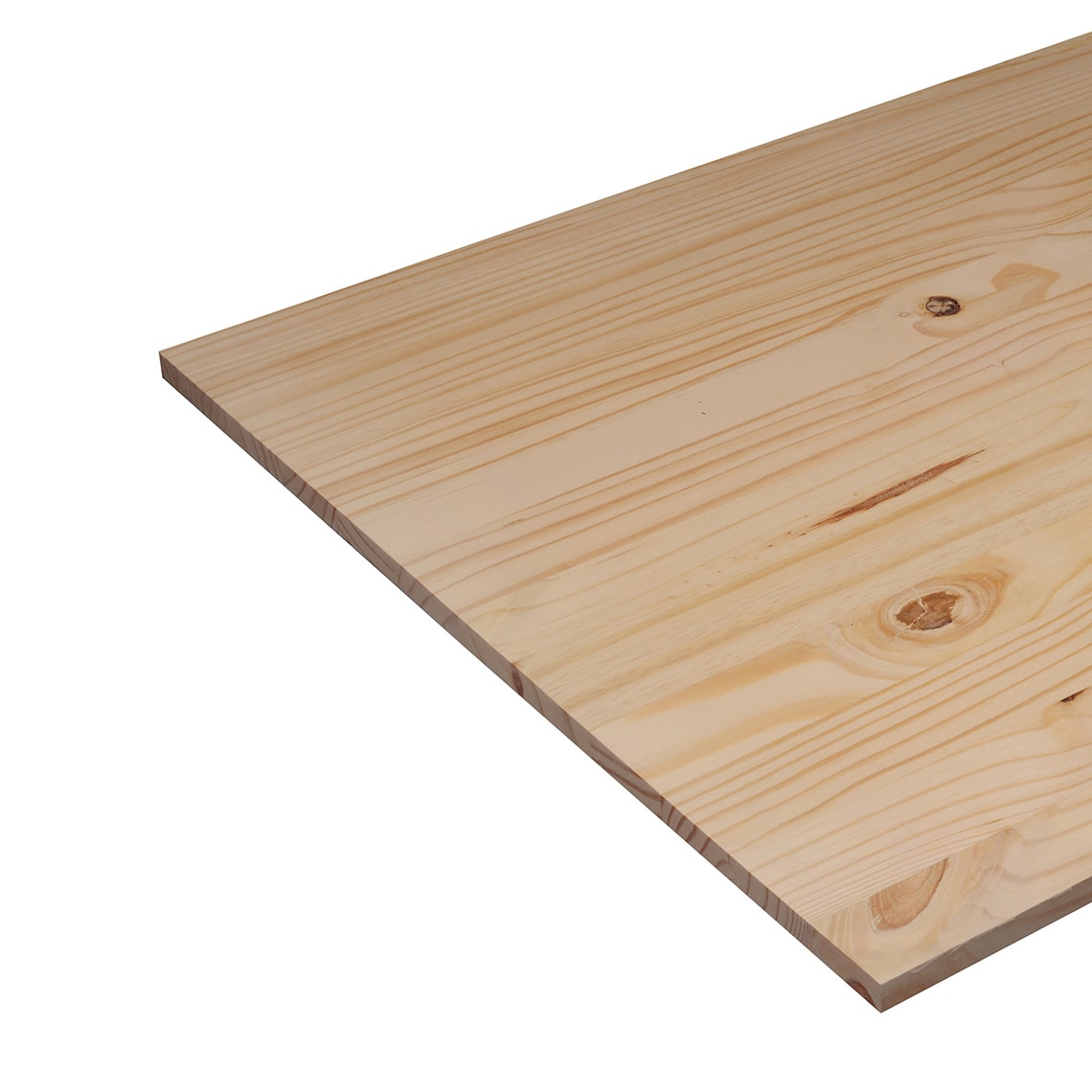
Master biscuit joiner techniques for alignment and glue surface. Learn slot cutting, biscuit selection, and glue-up strategies. Perfect for tabletops, case seams, and miter joints.
| Project Type | Recommended Joint | Strength |
|---|---|---|
| Bookcase Shelves | Dado (Through/Stopped) | High |
| Drawer Boxes | Dovetail or Box Joint | Very High |
| Tabletop | Tongue-and-Groove | Medium |
| Frame Construction | Mortise & Tenon | Very High |
Practice these joints with our beginner-friendly project plans, starting with simple frames and progressing to complex furniture.